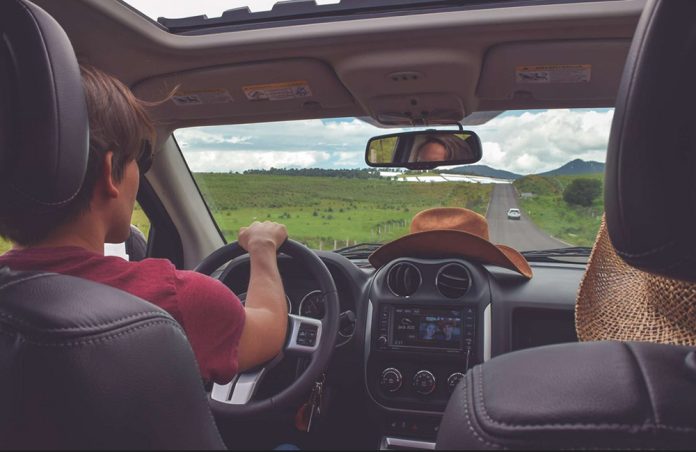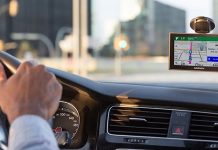If you’re considering navigating Rwanda by car, there are several essential traffic regulations you should familiarize yourself with. Here’s a comprehensive guide on the crucial traffic laws to ensure your self-drive journey in Rwanda is safe and hassle-free.
Right-Hand Drive: Unlike some of its neighbors, Rwanda follows the right-hand drive system, meaning you should drive on the right side of the road. This is a vital aspect to remember, especially if you come from a country with a left-hand drive system.
Speed Limits:
Urban Areas: Typically, the speed limit in urban areas is 40 km/h. However, in areas with heavy pedestrian traffic or near schools, this might be reduced.
Rural Areas: In rural areas, the limit generally goes up to 60 km/h.
Highways: On highways, you can speed up to 80 km/h unless specified otherwise.
Seat Belts: It’s compulsory for both the driver and all passengers to wear seat belts. Failing to wear one can result in fines.
No Mobile Phones While Driving: Using a mobile phone without a hands-free system is prohibited while driving. If caught, you can face hefty fines or even a driving ban.
Drink and Drive: Rwanda has stringent drink-driving laws. The legal Blood Alcohol Concentration (BAC) limit is 0.08%. If you exceed this limit, you can face severe penalties, including imprisonment.
Child Safety: Children under 12 years old are not allowed to sit in the front seat. If you have a child on board, ensure they are in the back seat and adequately secured with a seat belt or in an appropriate child safety seat.
Roundabouts: Vehicles already in the roundabout have the right of way. However, always exercise caution and be ready to give way if necessary to avoid accidents.
Motorcycle Taxi (Moto-Taxi) Awareness: One of the most popular means of transportation in Rwanda is the moto-taxi. While they are efficient and flexible, they often weave in and out of traffic. As a driver, always be vigilant and maintain a safe distance from them.
Parking: Only park in designated areas. Illegal parking can lead to fines and your vehicle being towed.
Vehicle Equipment: It’s mandatory to have specific equipment in your car at all times:
A Reflective Jacket: To be worn if you’re attending to your vehicle on the side of the road during an emergency.
A fire extinguisher.
A warning triangle: To be placed behind your car in case of breakdowns.
Pedestrian Crossings: Always give way to pedestrians at pedestrian crossings. In urban areas, you’ll often find zebra crossings, and it’s a legal requirement to stop when someone is waiting to cross.
Documentation: Always carry the necessary documentation, including your driving license (an international driving permit is recommended for foreigners), vehicle registration, and insurance details. Random checks by traffic police are not uncommon.
Headlights: Even during the day, especially in cloudy or rainy conditions, keep your headlights on. It enhances visibility and reduces the risk of accidents.
Honking Etiquette: Unlike some countries where honking can be considered rude, in Rwanda, it’s often used as a friendly warning of one’s approach, especially on winding rural roads. But excessive or aggressive honking is frowned upon.
While Rwanda’s roads are generally in good condition and the traffic regulations are clear-cut, driving in a foreign country can always present unexpected challenges. It’s essential to remain patient, courteous, and above all, informed. By understanding and adhering to Rwanda’s traffic laws, your self-drive experience will not only be safe but also enjoyable, allowing you to fully take in the nation’s scenic beauty and cultural richness. Safe travels!









